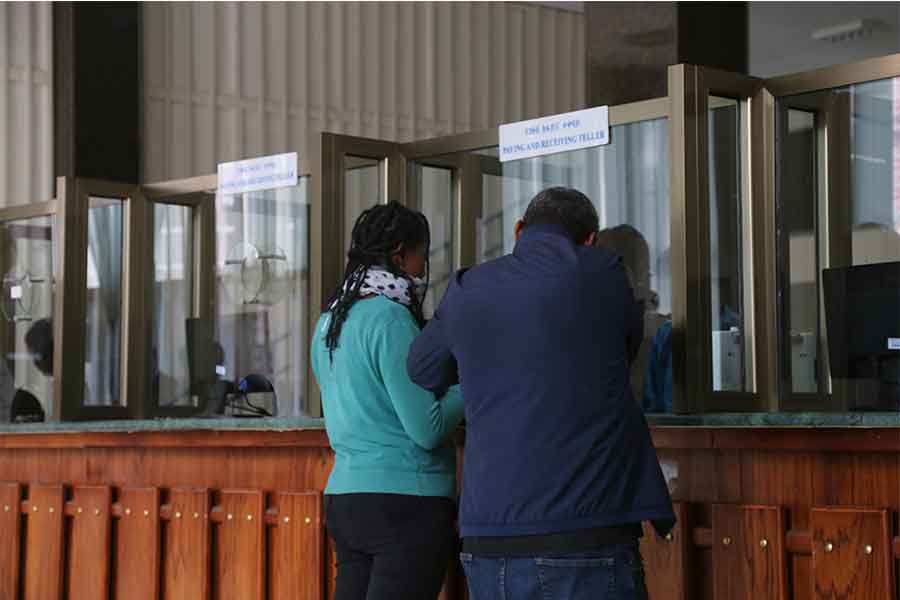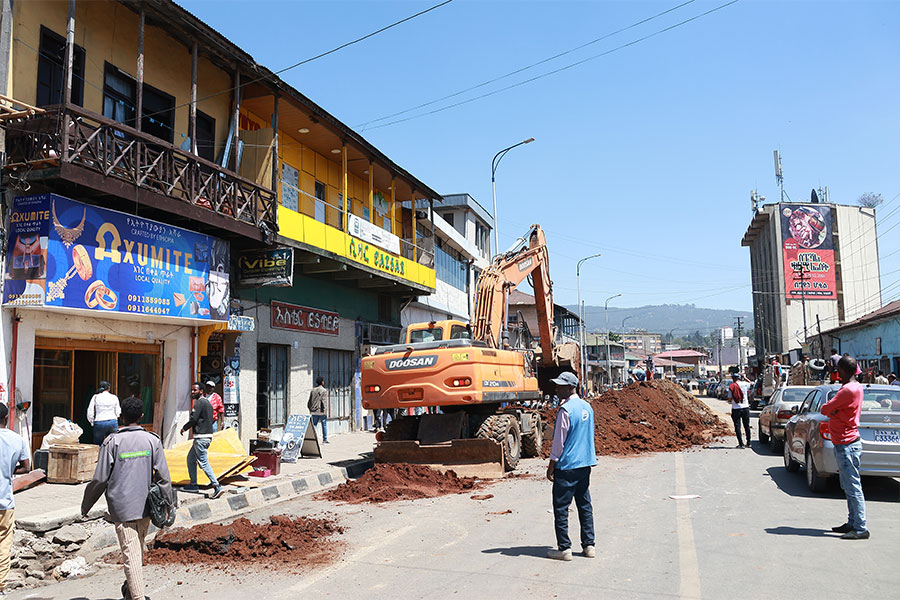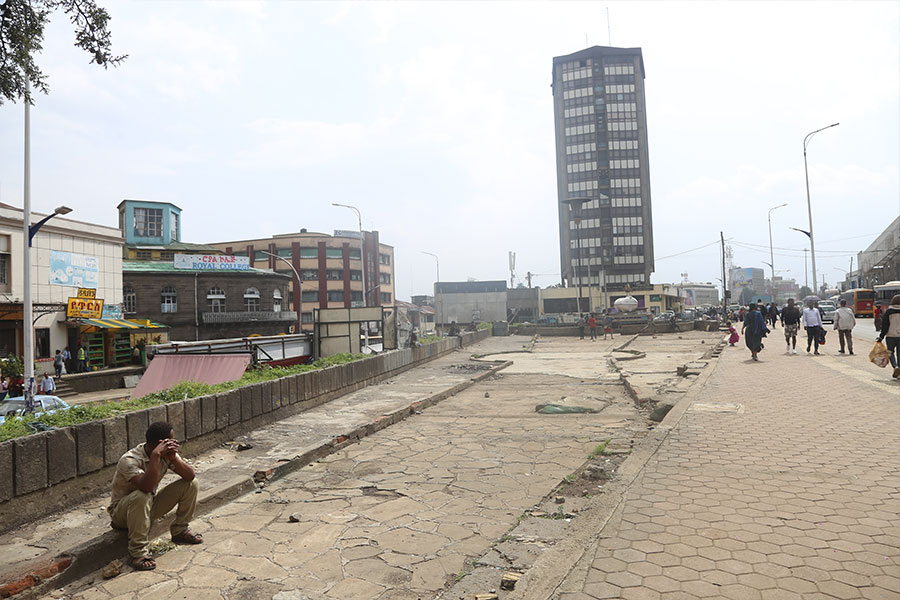
Fortune News | Jun 08,2025
Residents in the rural areas of the Amhara Regional State foresee water supply and sanitation schemes in the health centres through a project deemed operational by the end of next year.
The project will be implemented in 62 health institutions and is expected to reach over 300,000 residents with hopes of improving the service offered by health facilities through infrastructure development and capacity-building programs.
Financed by World Vision Ethiopia, the 1.5 million dollar scheme dubbed Safe & Friendly Environment for Health Care Facilities (SAFE4HCF) is part of the Water4Life project undertaken by the organisation with the expectancies of promoting clean water coverage and sanitary practices.
Around 54pc of the budget is allotted to 38 health institutions in the Legambo district, whereas the remaining goes to 24 beneficiary health institutions in the Shebel Berenta district.
Fisseha Behulu (MD), head of Water4Life, said the project aims to transform the lives of thousands by providing universal and equitable access to hygiene and environmental cleaning programs alongside the provision of a clean water supply. He said that children under the age of five who are susceptible to diarrhoea and people with disability will get particular attention.
According to the study undertaken by UNICEF, water-borne diseases constitute over 24pc of infant mortality. It also applies to the health care system in the regional state which is heavily impacted by a lack of clean water provision and sanitary issues.
He said that activities such as digging water wells, developing maternity centres and waste management systems take up the 80pc share of the total budget while the rest is set to cover the administrative costs.
Opening its country office in 1975, World Vision Ethiopia operates in several humanitarian activities involving education, water supply and emergency aid in 54 area programs through its eight regional state and city administration program offices.
The beneficiary health institutions are hopeful the project will address their challenges. Mohamed Jamal, administrator of the Legambo district health bureau, the lack of adequate water supply has caused many health centres in the district to be out of service. He said that services such as laboratories, maternity centres and primary care settings have not been working at their full capacity for lack of proper sanitation.
Ethiopia is one of the least developed countries in clean water coverage and sanitary practices, where four out of 10 people do not have clean water access. The prevalence of waterborne diseases accounts for 60-80pc of communicable diseases making sanitation concerns a pressing public health burden.
Lina Tesfaye, a public health professional for over seven years, stresses the importance of sanitary and water supplies for any health facility in order to carry out their services without major impediments. She believes that providing health-related services without adequate water supplies is bound to fail.
She observes that the relatively lower awareness level of residents and lack of capacity from the institutions side will not bring out the necessary change if projects only focus on building the infrastructure. She recommends projects in rural parts should include the software components of sanitary practice management systems, such as creating awareness and capacity building.
"The software component shouldn't be overlooked," she told Fortune.
PUBLISHED ON
Apr 22,2023 [ VOL
24 , NO
1199]

Fortune News | Jun 08,2025

Year In Review | Sep 07,2025

Obituary | Mar 13,2021

Featured | Jul 13,2019

Radar | Jan 29,2022

In-Picture | Mar 16,2024

Radar | Jun 12,2023

Agenda | Dec 07,2019

Radar | Sep 22,2024

Editorial | Sep 03,2022

Dec 22 , 2024 . By TIZITA SHEWAFERAW
Charged with transforming colossal state-owned enterprises into modern and competitiv...

Aug 18 , 2024 . By AKSAH ITALO
Although predictable Yonas Zerihun's job in the ride-hailing service is not immune to...

Jul 28 , 2024 . By TIZITA SHEWAFERAW
Unhabitual, perhaps too many, Samuel Gebreyohannes, 38, used to occasionally enjoy a couple of beers at breakfast. However, he recently swit...

Jul 13 , 2024 . By AKSAH ITALO
Investors who rely on tractors, trucks, and field vehicles for commuting, transporting commodities, and f...

Nov 1 , 2025
The National Bank of Ethiopia (NBE) issued a statement two weeks ago that appeared to...

Oct 25 , 2025
The regulatory machinery is on overdrive. In only two years, no fewer than 35 new pro...

Oct 18 , 2025
The political establishment, notably the ruling party and its top brass, has become p...

Oct 11 , 2025
Ladislas Farago, a roving Associated Press (AP) correspondent, arrived in Ethiopia in...